Mega-events occupy important roles within global consumer societies, and so, this article aims to advance the sociological understanding of mega-events by using UEFA Euro 2020 as a case. Traditionally, sport mega-events have been staged in one or two countries. However, for the first time ever, 12 European countries shared the hosting rights for Euro 2020, which was postponed for a year following COVID-19. In global sports, this temporary shift was highly remarkable and the 12-country format’s implications raised a host of sociological questions. Drawing upon qualitative interviews, documentary analysis and media sources, this article examines this mega-event’s distinctive format and its broader implications. The article explores the socio-political conditions under which Euro 2020’s format became a reality and examines stakeholder outlooks on this event format. It is argued that the event’s format was considered to limit negative ‘legacies’ for host cities, yet the format was perceived to generate logistical and financial difficulties for potential mega-event consumers. In an epoch characterized by growing opposition to mega-event hosting, such findings are particularly important.

转载请注明:pg电子·(中国)官方网站 » 三生目录 » 大型活动、扩展和前景:对 2020 年欧洲杯及其 12 国主办形式的看法,Journal of Consumer Culture - X-MOL
版权声明
本文仅代表作者观点,不代表B5编程立场。
本文系作者授权发表,未经许可,不得转载。

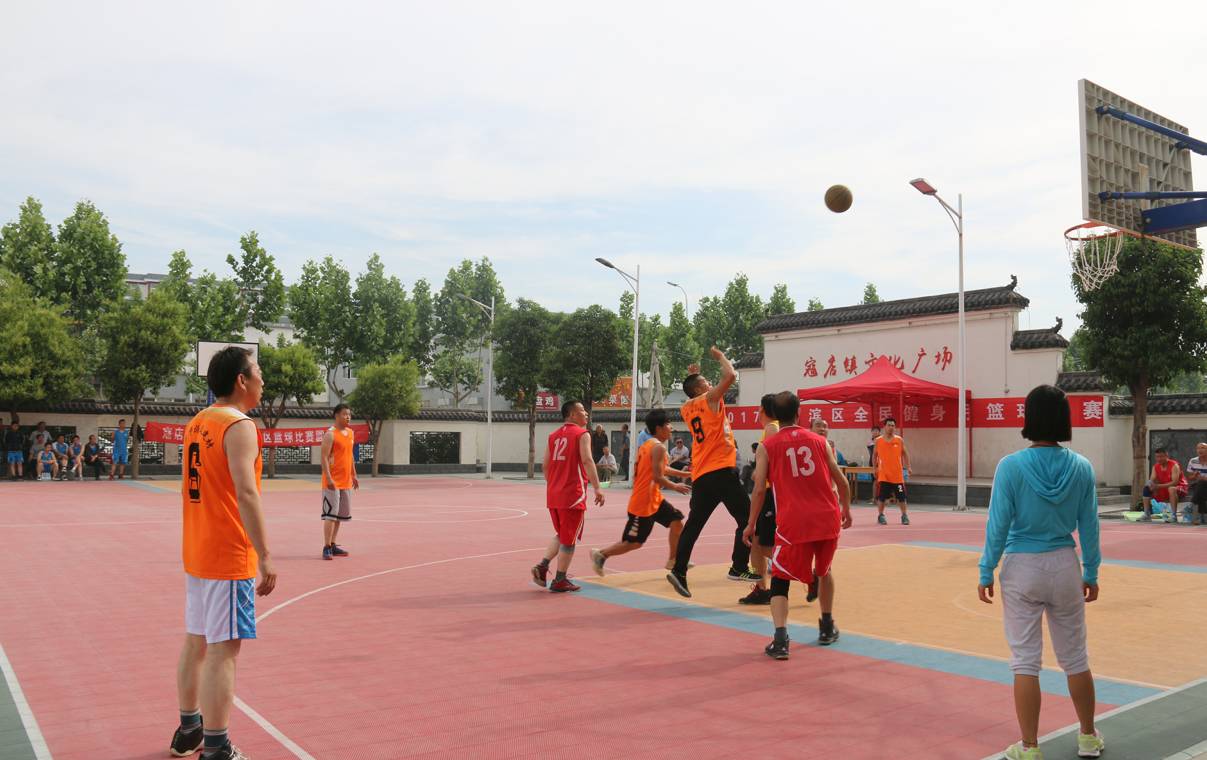

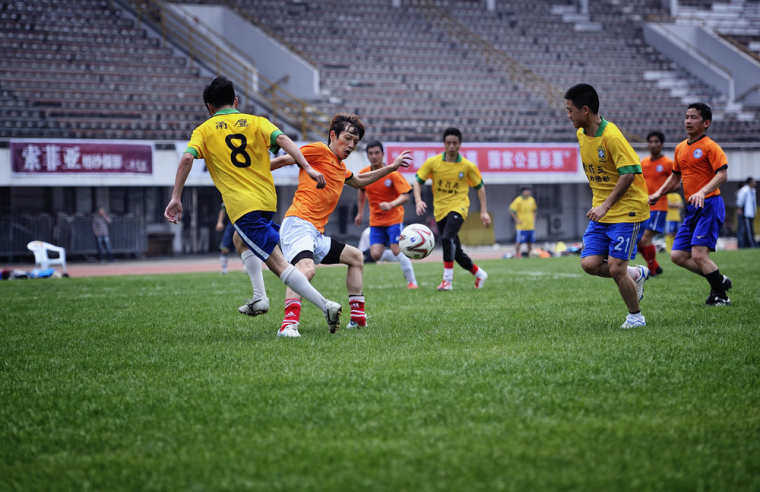



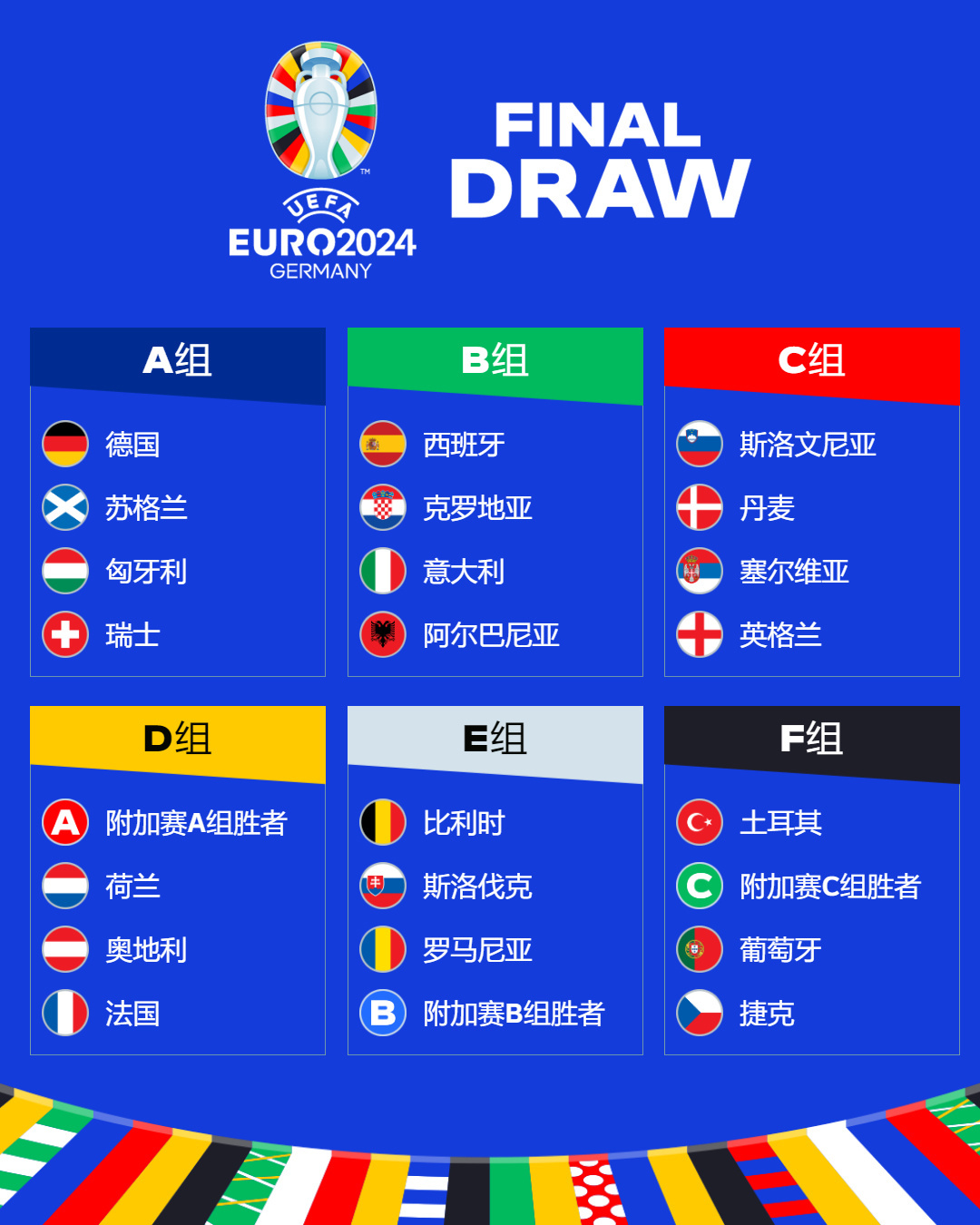
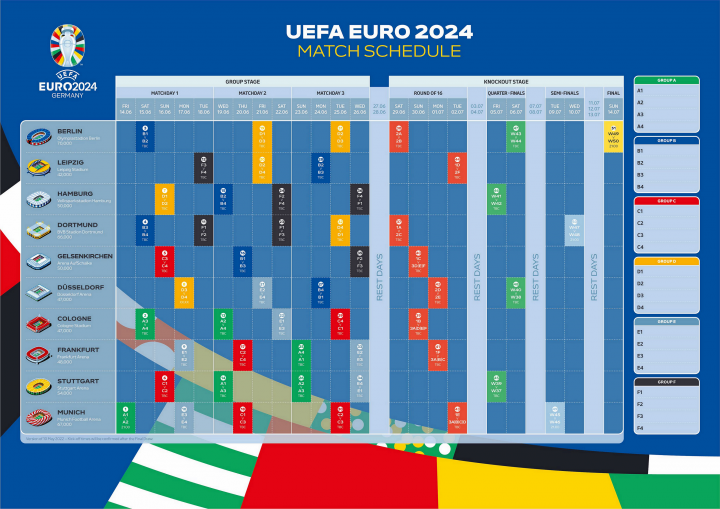
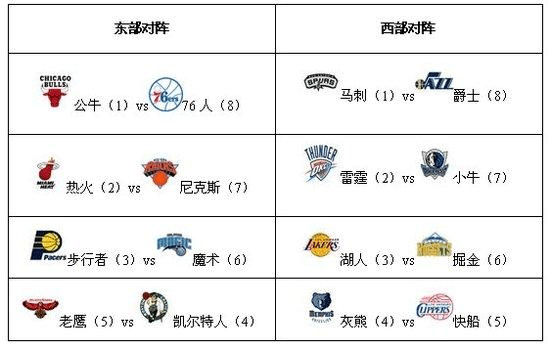

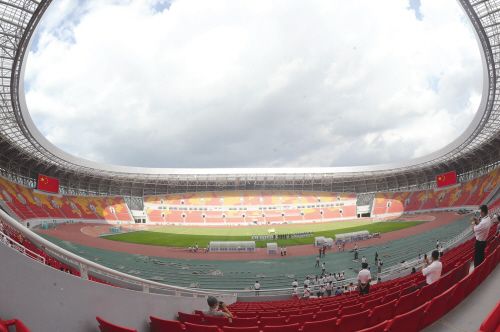


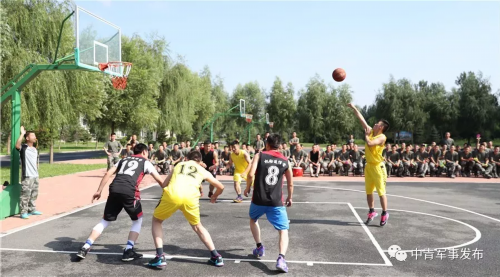

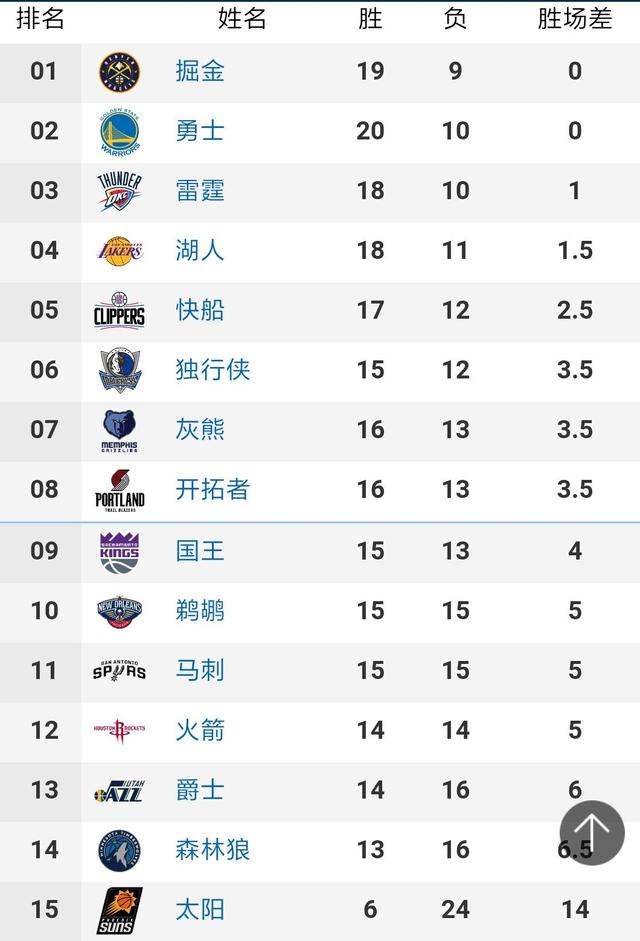
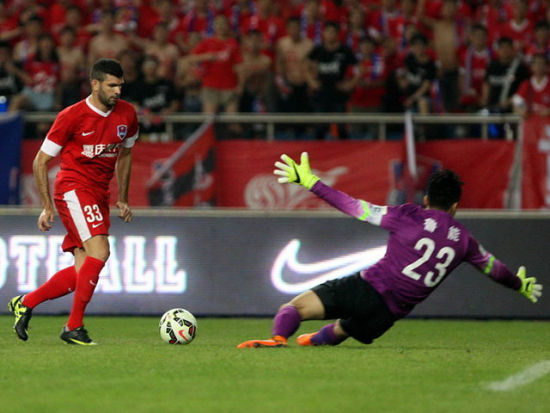

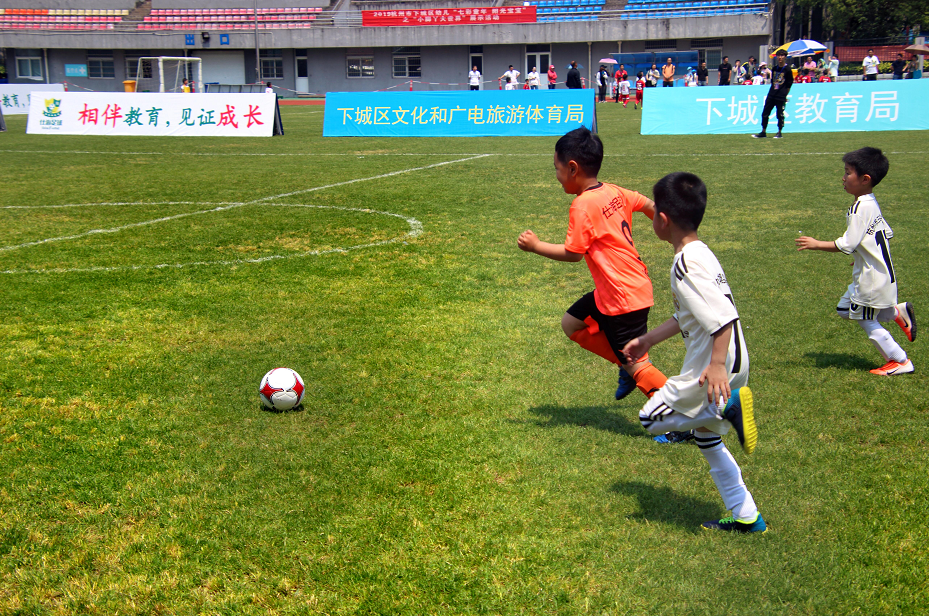
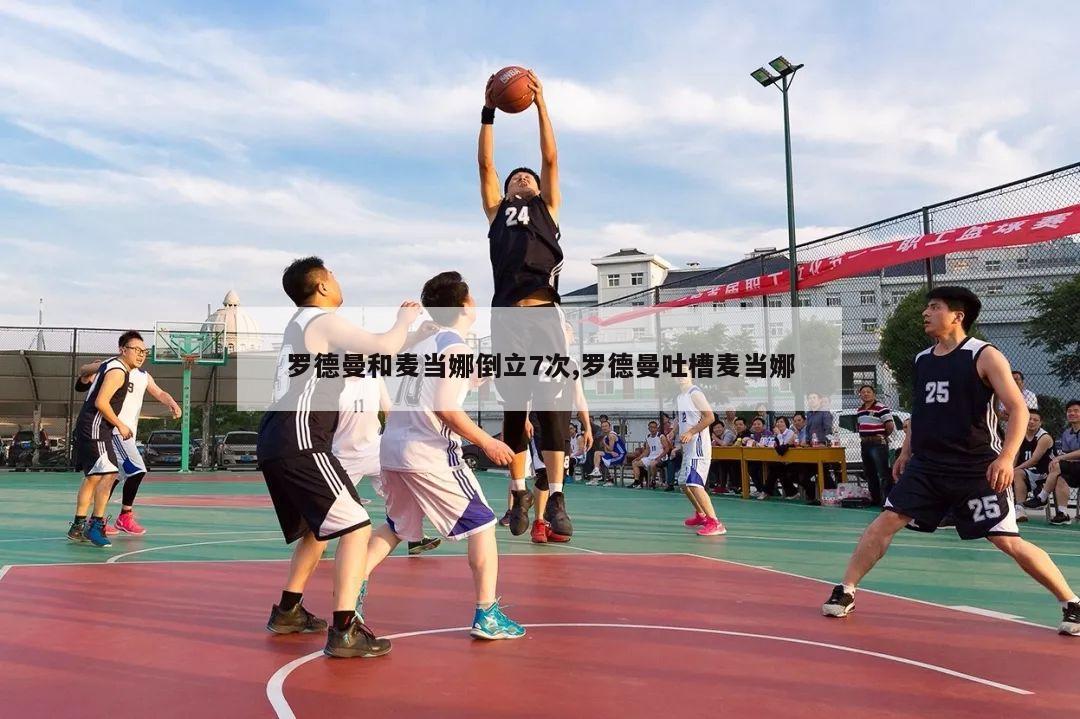
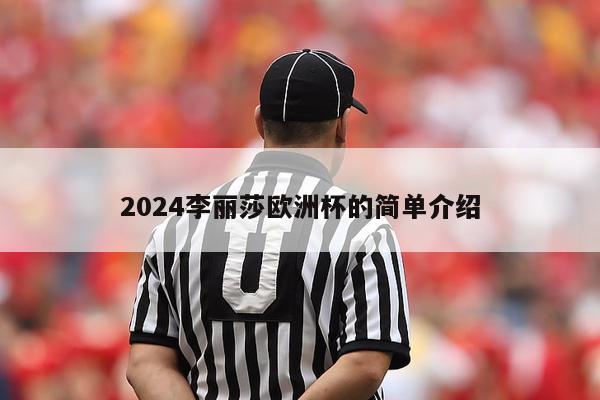
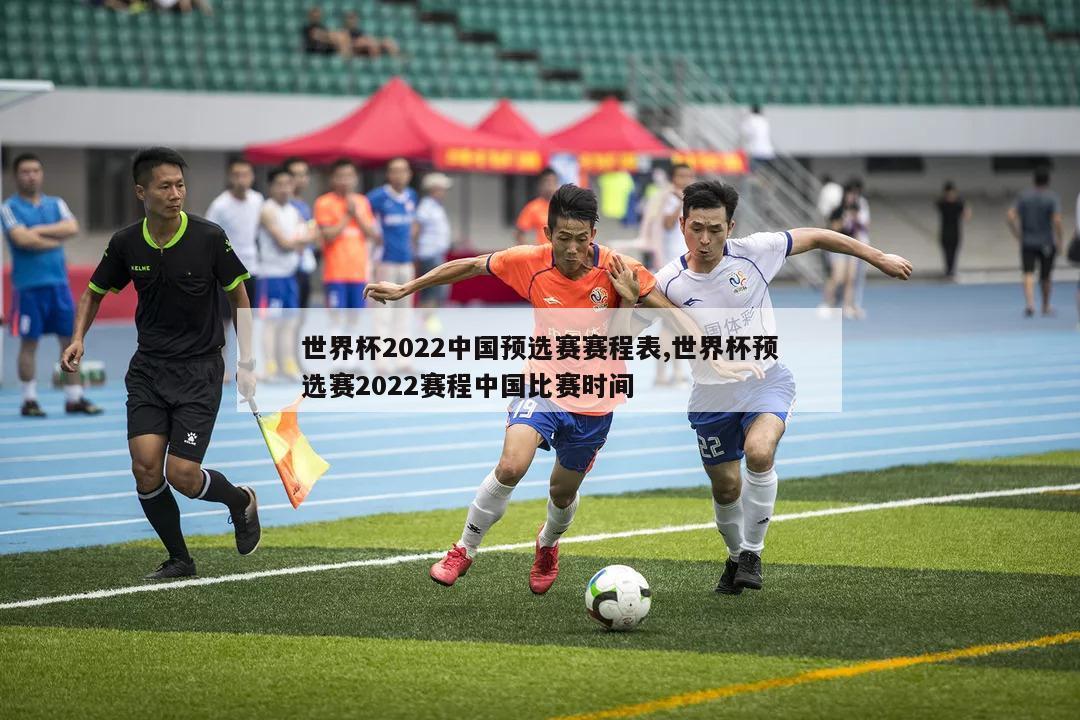
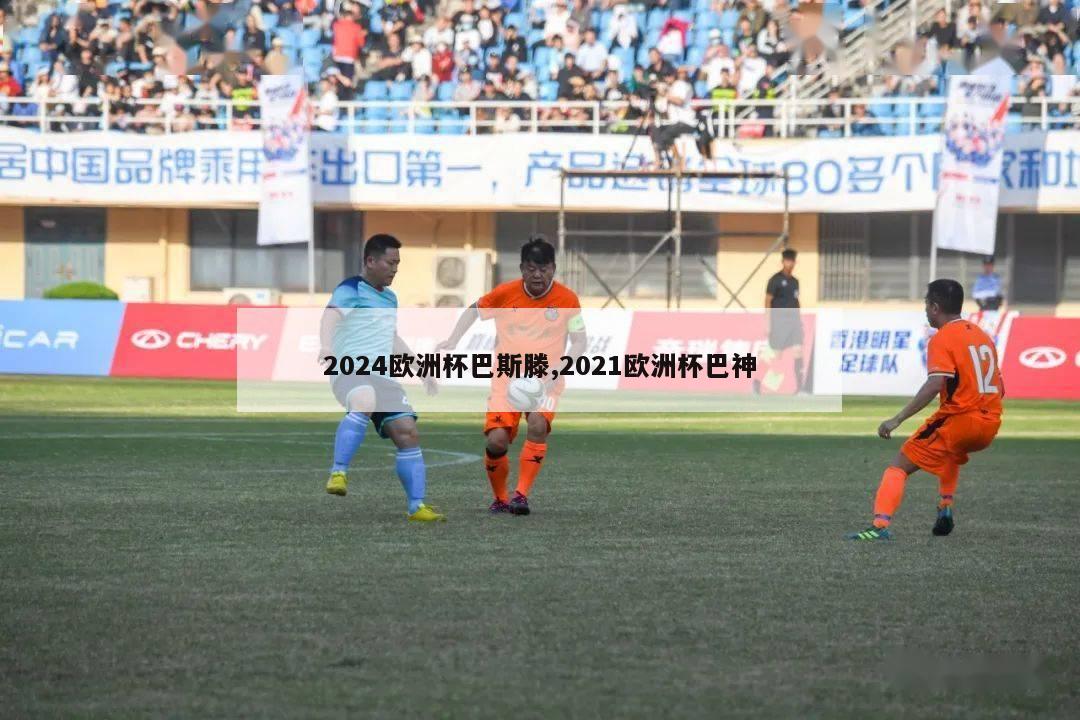

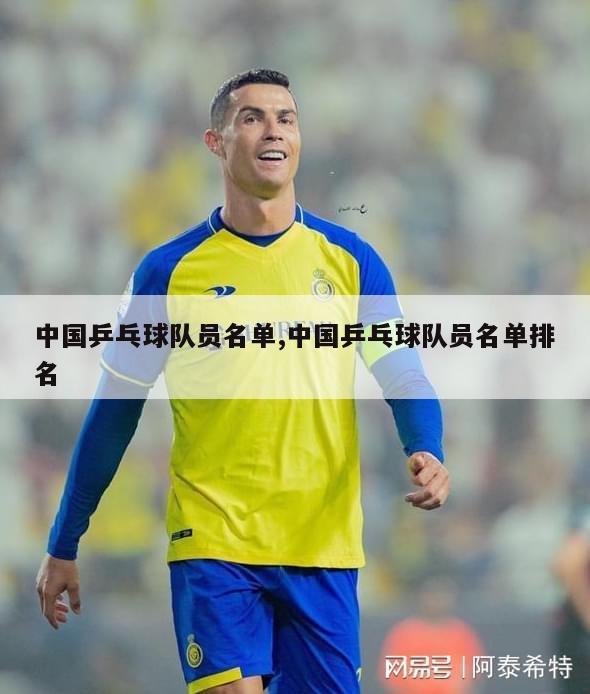
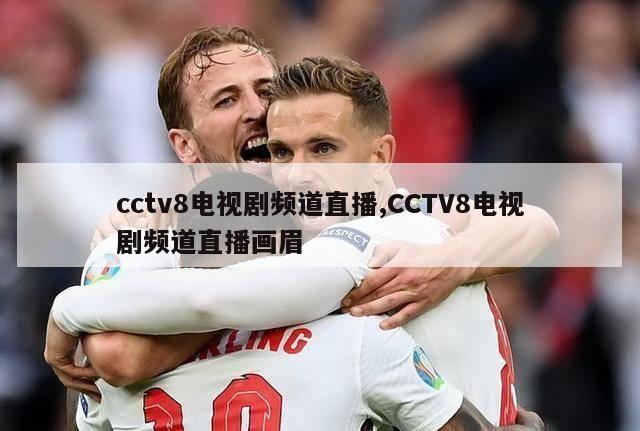
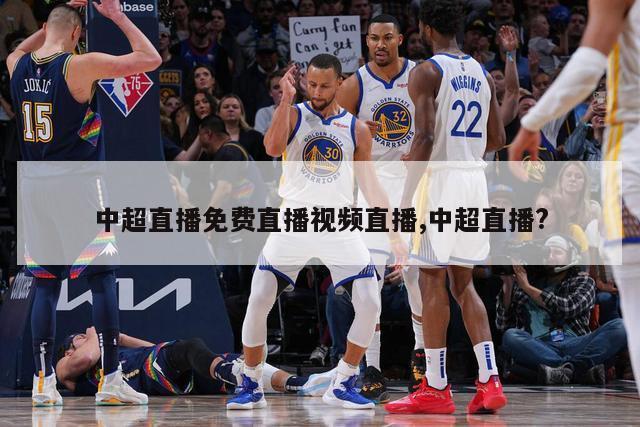
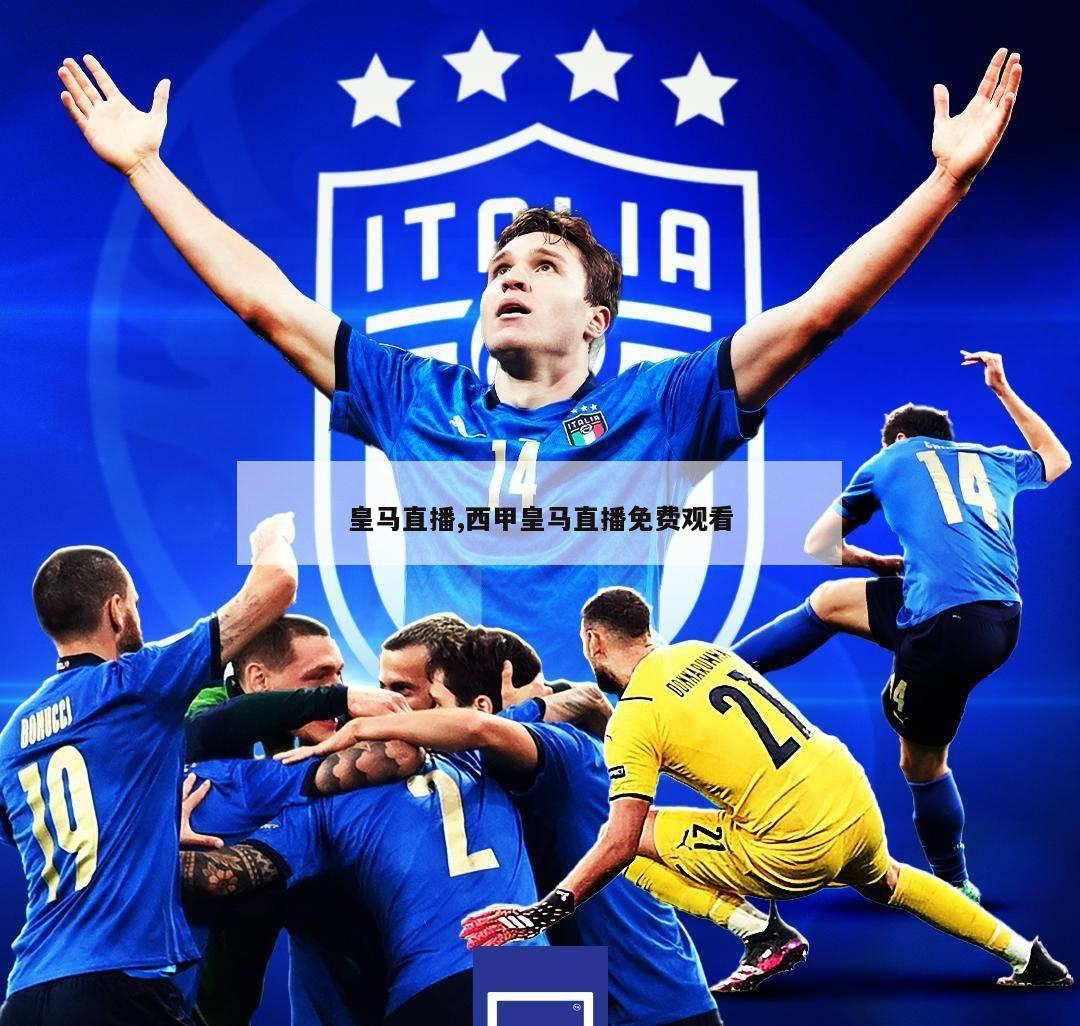

发表评论